An innovative company, Stix Fresh, has developed a sticker which can extend the life of a piece of fruit by 100 – 300%. After the sticker is applied, a protective layer forms around the fruit, slowing down the ripening process so it doesn’t go off as quickly. Unlike other protective coatings which have been applied for the same process, this can be done at home.
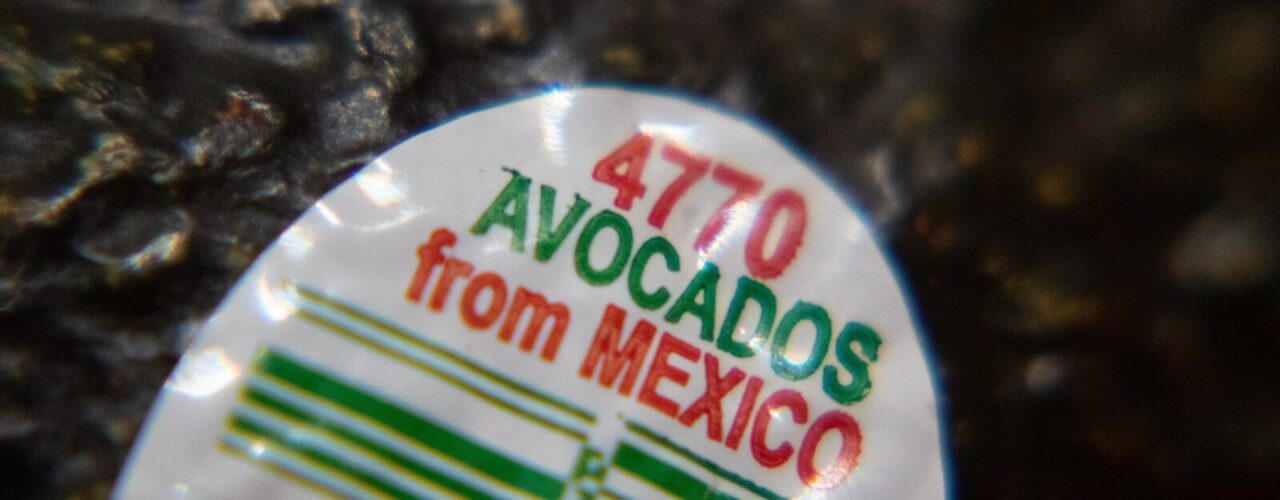
So what?
Giving consumers the ability to extend the life of their fresh products could help reduce food waste since there is more time for the product to be used. The other important feature is that the consumer applies the sticker – food waste occurs at all steps of the supply chain, so it is important to reduce it at every stage.
Could this seemingly easy solution become the norm for all fresh fruit produce? Is there scope for this to be applied globally? Would this reduce the amount of food that gets wasted? Or are there other underlying problems to food production that need addressing too?
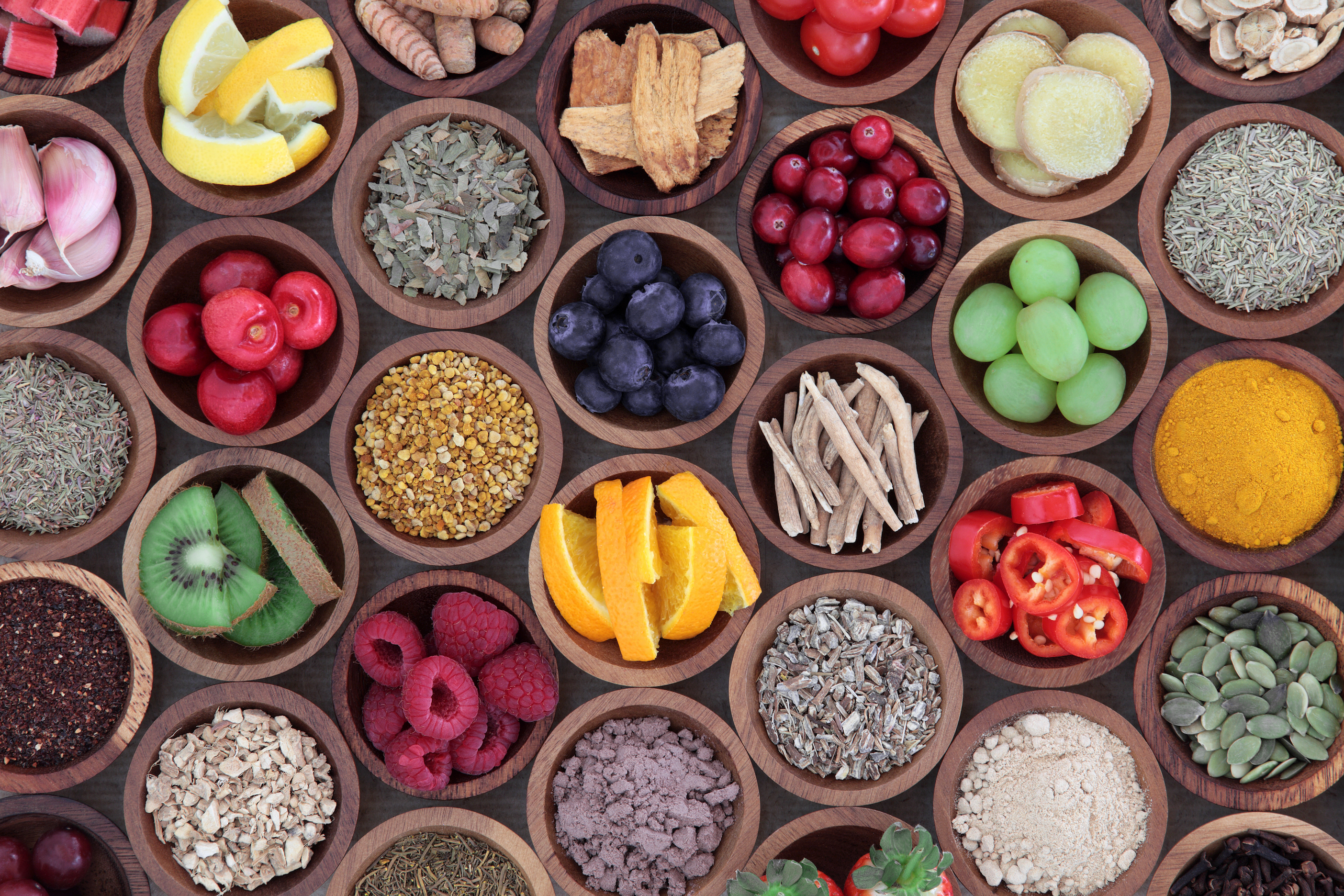
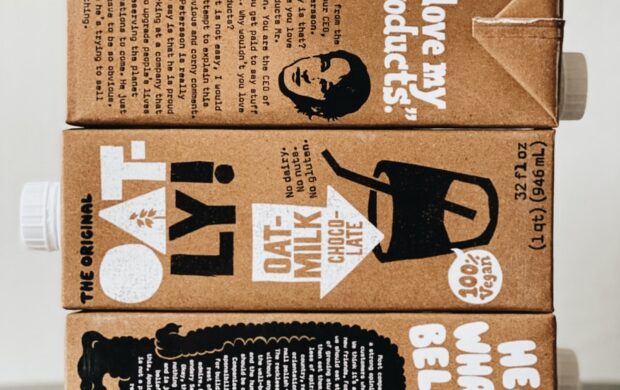
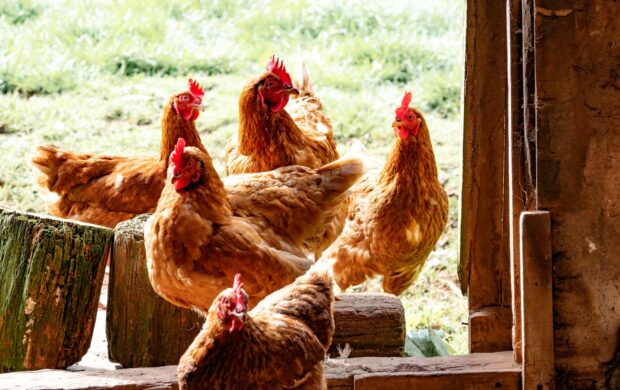

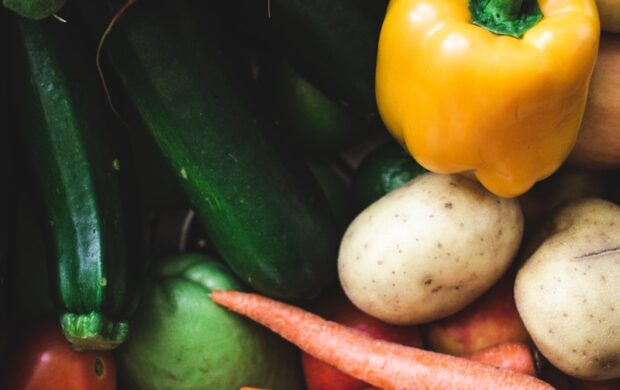




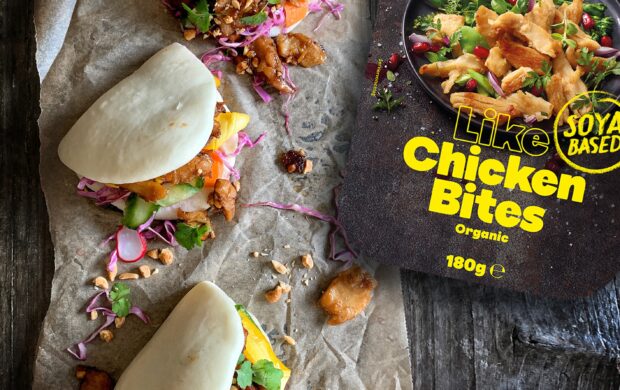

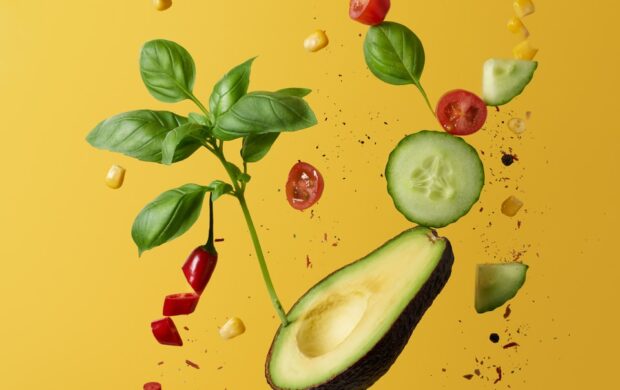


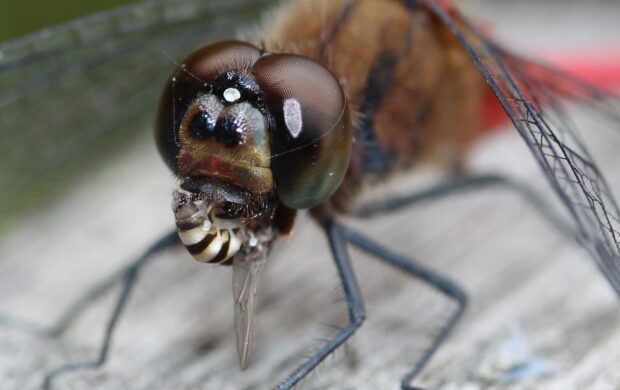

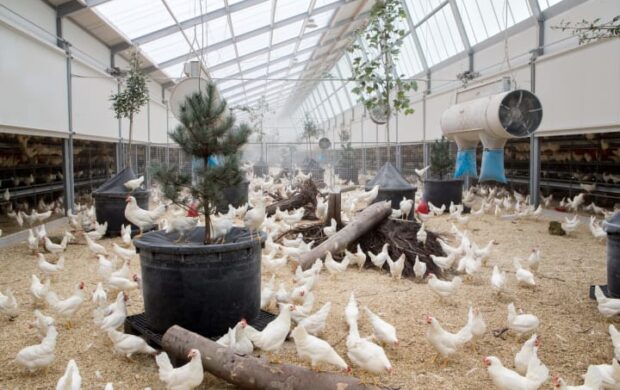
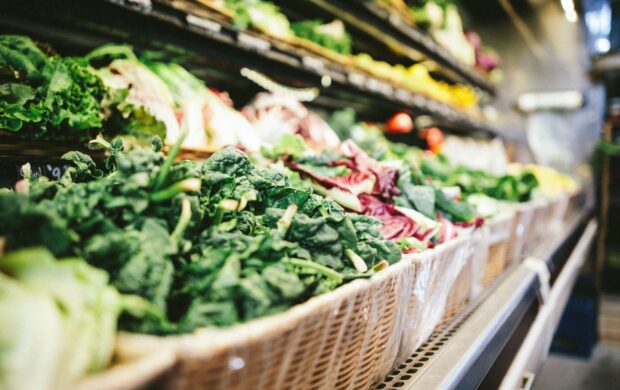

Join discussion